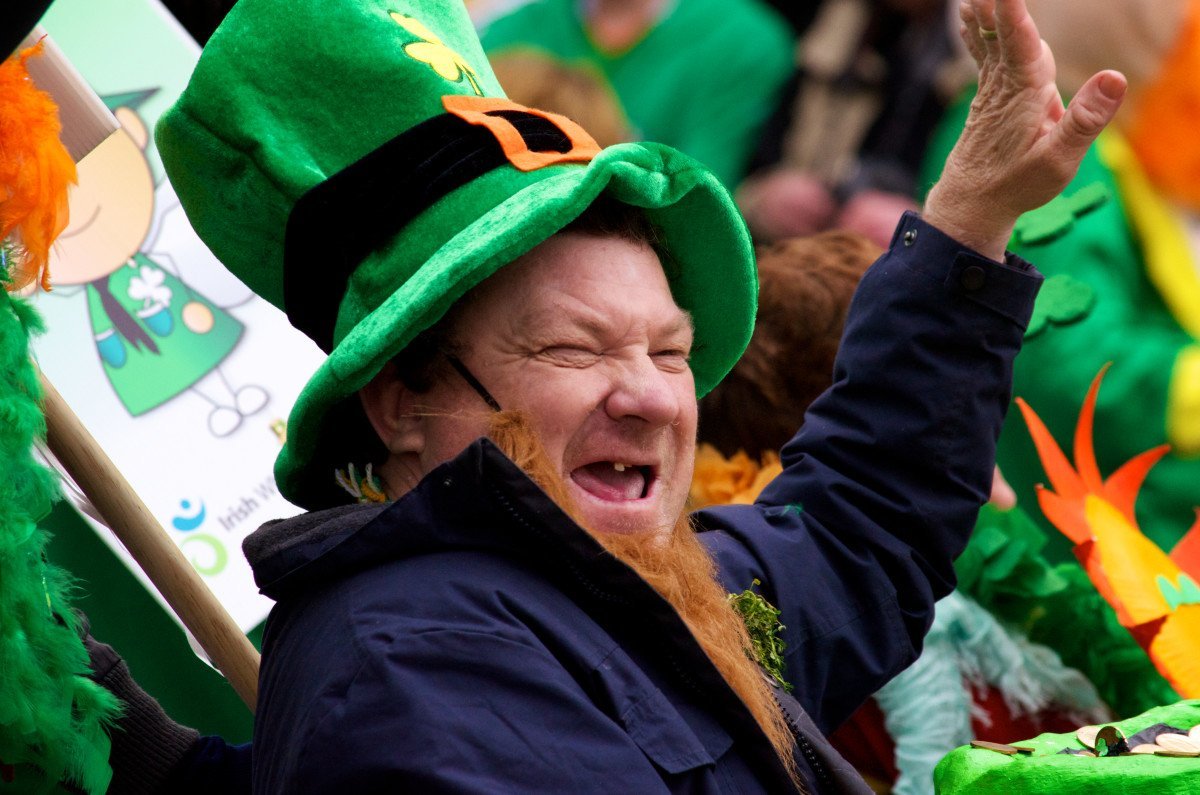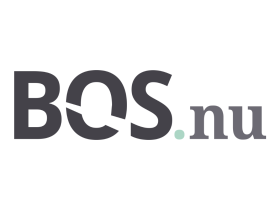 Reading Time: 4 minutes
Reading Time: 4 minutes
Gambling is more than a popular pastime in Ireland. It is a multi-billion dollar industry employing more than 6,000 people across thousands of bookmakers, casinos, and gaming arcades. In fact, the gambling industry is one of the largest in the country, with punters betting more than €5 billion a year.
The surging popularity of gambling could be attributed to the luck of the Irish, but more likely, the recent changes in legislation that permitted the introduction of online casinos. Today, the Irish have 24/7 access to online betting and gaming services for the first time in the country’s history.
How has Ireland’s gambling industry reached such heights, and what laws are set to mix up your wagers in 2018? Read on to uncover how history has shaped the modern gambling industry in Ireland.
History of legislation in Ireland’s gambling industry
Gambling has permeated Irish life since the Middle Ages when stakes were placed on popular stick-and-ball games like hurling and medieval board games like Fidchell. However, it was not until the 16th and 17th century that gambling really took off in the Emerald Isle.
There were three key reasons behind this. Firstly, increasing levels of alcohol consumption and the opening of public houses in Dublin, which provided a setting for card games. Secondly, horse racing was established as an official sport with a calendar of race meetings and a regulatory body called the Society of Sportsmen. Thirdly, the presence of the English rule, which left governing the country to landlords, who did little to control gambling activities.
Introduction of betting legalisation
Ireland gained independence from Britain in 1922 following a three-year civil war. With the eventual establishment of the Irish Free State, the Government had the power to manage the country’s affairs and soon began taking steps to regulate the gambling industry.
The first legislation to regulate gambling in Ireland was the Betting Act 1926. The act aimed to address the unregulated horse racing industry and stipulated that anyone taking bets on sporting events would require a government-issued licence. Five years later, to meet the growing needs of the bookmaking industry, the act was repealed by the Betting Act 1931. This act relaxed specific prohibitions on commercial betting set out in the Betting Act 1853, a British law, which was still in effect at the time.
The Betting (Amendment ) Act 2015
Since its introduction, more than 90 years ago, the Betting Act 1931 has undergone several updates. However, the most significant update came recently with the enactment of the Betting (Amendment ) Act 2015. The act legalised online and remote gambling in Ireland for the first time in history.
According to the act, all remote bookmakers and betting agencies who take bets from customers based in Ireland are required to obtain licensing before accepting any wagers from people residing in Ireland.
Introduction of gaming legislation
Historically, gaming and lotteries in Ireland have been regulated primarily by the Gaming and Lotteries Act 1956. The act prohibited all forms of unlawful gambling unless the gambling fell under very limited exemptions.
Under the act, casinos were made illegal across the country, while lotteries were permitted to a narrow extent. To be considered legal, lotteries were required to hold a specific lottery license, have small prize limits, and be carried out with the predominant purpose of fundraising for charities or philanthropy. The act did not apply to the tremendously lucrative Irish National Lottery, which almost 44 per cent of the population play regularly.
An era of underground gambling
A loophole in the 1956 Act led to the establishment of exclusive members’ clubs across the country that offered gambling services under the provision that card-playing was legal in a private dwelling. These unregulated clubs were effectively casinos behind closed doors, offering slot machines, roulette, blackjack, and more. Luckily, the safety of the players is not an issue today, as the transparency of the internet allows for unbiased reviews of virtually every online casino.
Ineffective enforcement occurred when left to local authorities, which also saw gaming machines illegally set up at in amusement parks and travelling carnivals. Some gaming machines were able to accept €500 notes, despite the legislation setting a maximum stake of 6d.
Of even greater concern to those who win big, the 1956 Gaming and Lotteries Act includes the exemption that states gambling debts cannot be enforced. Under this law, gamblers can not only defend the right to pay a debt in court, but bookmakers and online gambling services can also deny paying out a win. In March 2017, a Dublin-based casino was not required to pay €11,000 to a roulette winner, under a judge’s ruling at the Circuit Civil Court. Earlier in June of 2015, a judge of the High Court ruled that a UK gaming company could not collect €118,058 as the funds due were determined a gambling debt.
Gambling Control Bill
Fortunately, a review of the act was undertaken in 2008, following growing criticism the laws were outdated and poorly enforced. In 2013, parliament passed the Gambling Control Bill, which proposed a new regulatory framework for gambling in the 21st century. The Bill, although not yet enacted, will replace all existing legislation, including the Betting Act 1931 and the Gaming and Lotteries Act 1956. It will bring all types of betting under the one unified body and legalise both online and land-based gambling.
This is excellent news for the online betting agencies and the casino industry, which will be able to operate legally. However, only 40 casino licences are permitted in Ireland at any one time, and super-casinos (those with greater than 15 gaming tables and 25 gaming machines ) will not be allowed.
The new legislation is set to follow the UK and focus on ensuring the gambling industry is conducted in a fair manner that protects vulnerable persons. As such a new regulatory office will be introduced, called the Office for Gambling Control Ireland, which will be responsible for issuing licenses and ensuring compliance with the Bill. The impact the Bill will have on taxes is unclear at this stage. Currently, a 23 per cent VAT fee applies to electronically supplied gaming revenue, and a one per cent turnover tax is payable on bets placed with land-based and online bookmakers.
What is in store for 2018?
Almost five years have passed since the Gambling Control Bill was published in 2013; however its full effect has yet to be seen. According to recent reports, a new general scheme of the Bill is set to be published by the end of the year. Either way, with a robust and modern overhaul of legalisation, Ireland’s gambling future looks bright.
Source: advertiser.ie
Source: European Gaming Industry News





